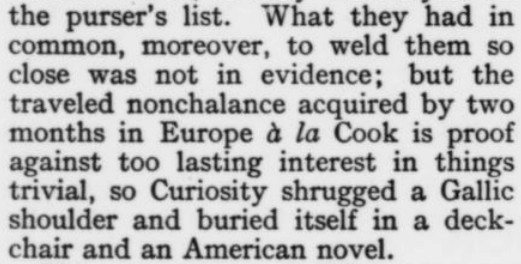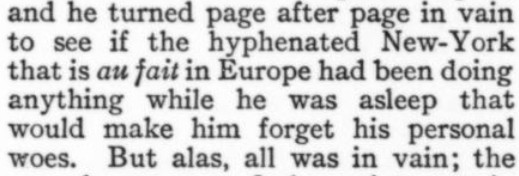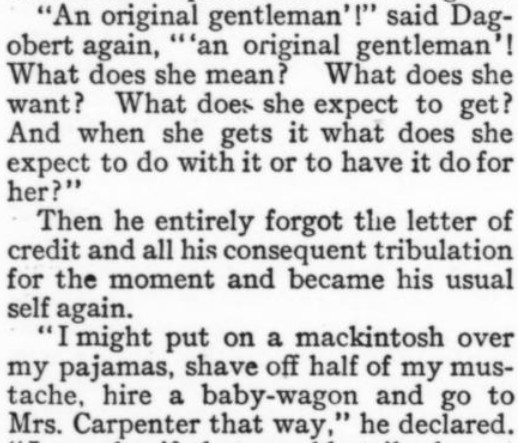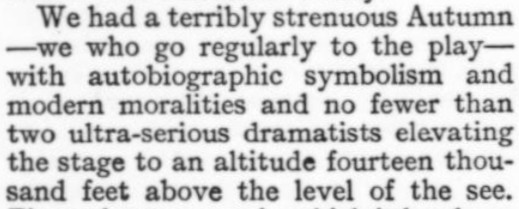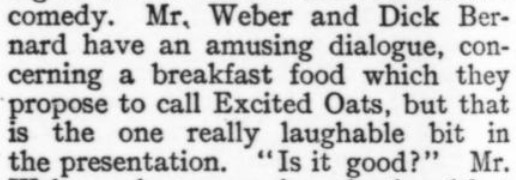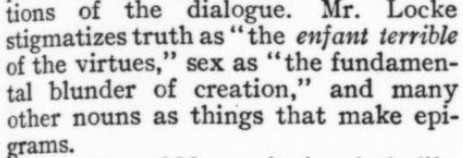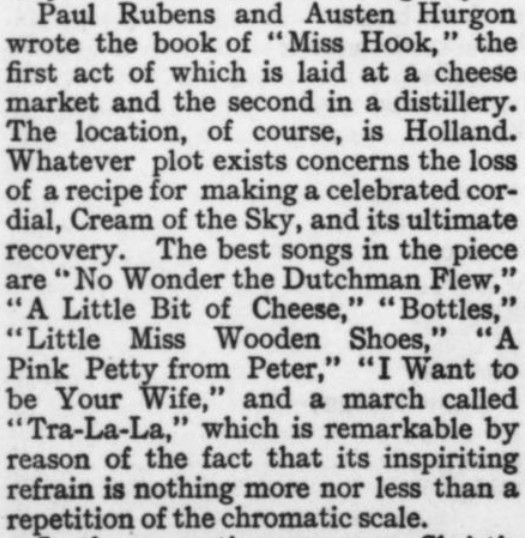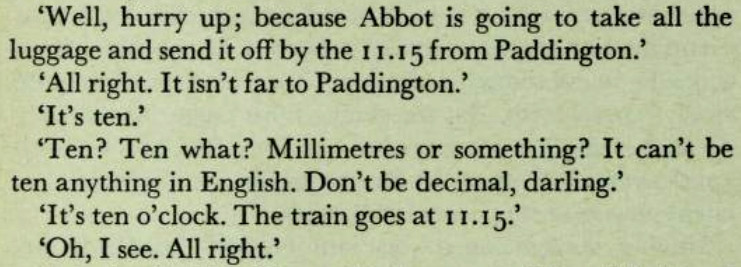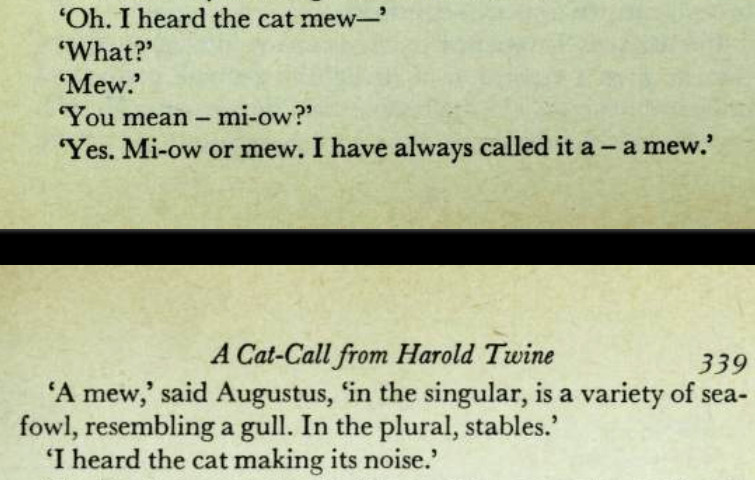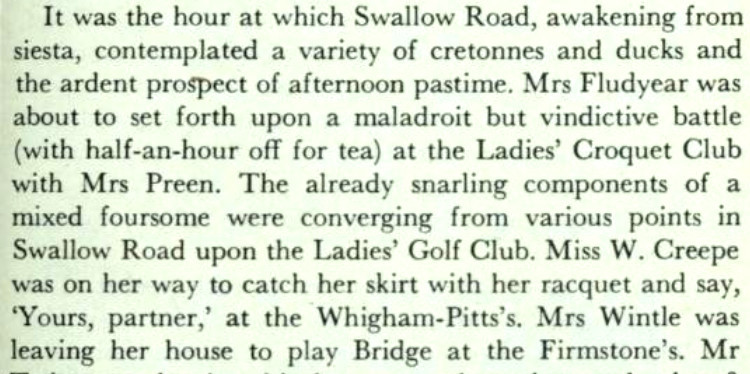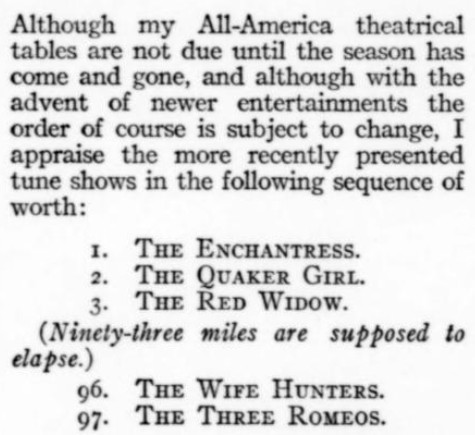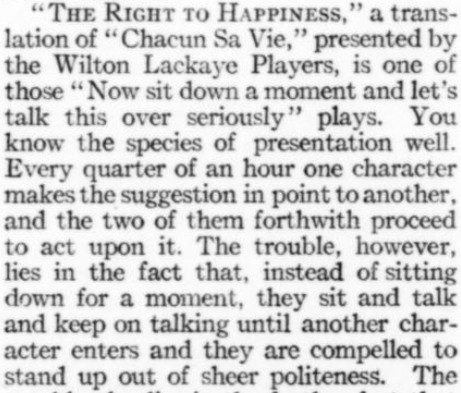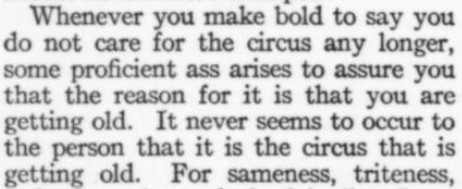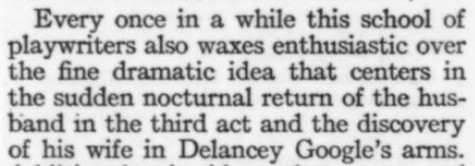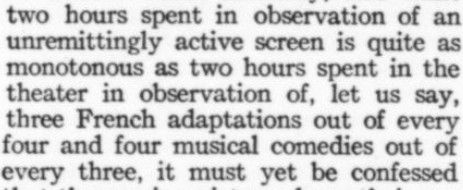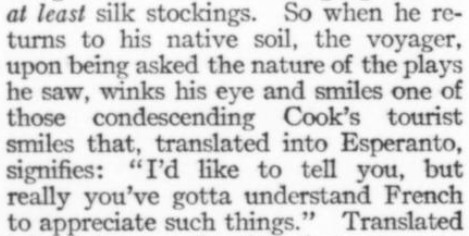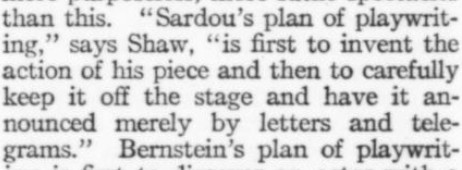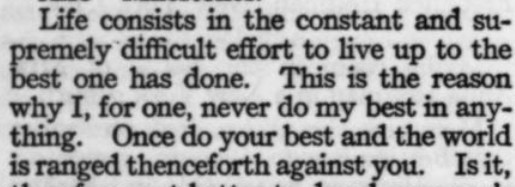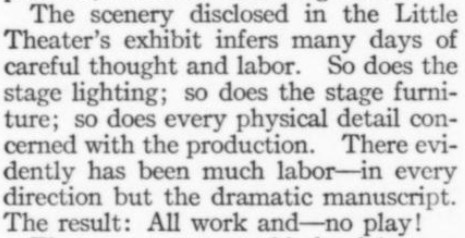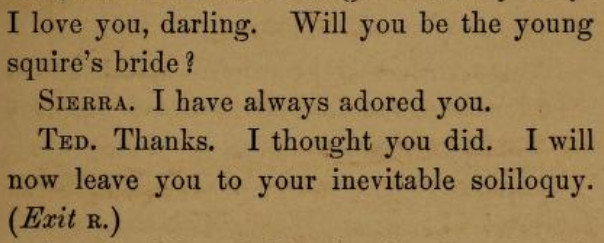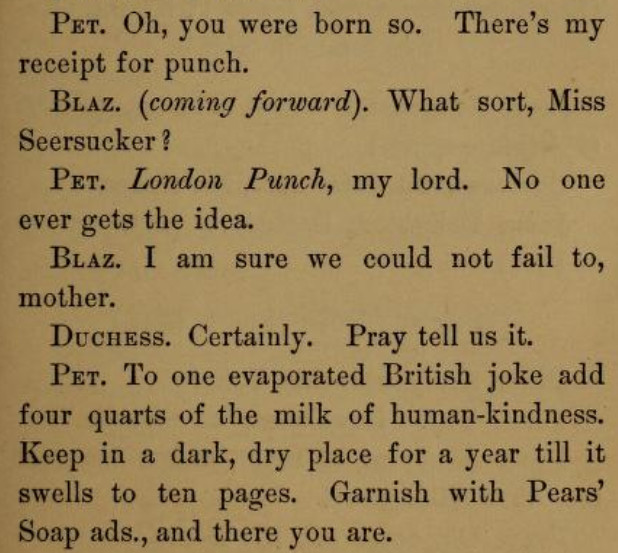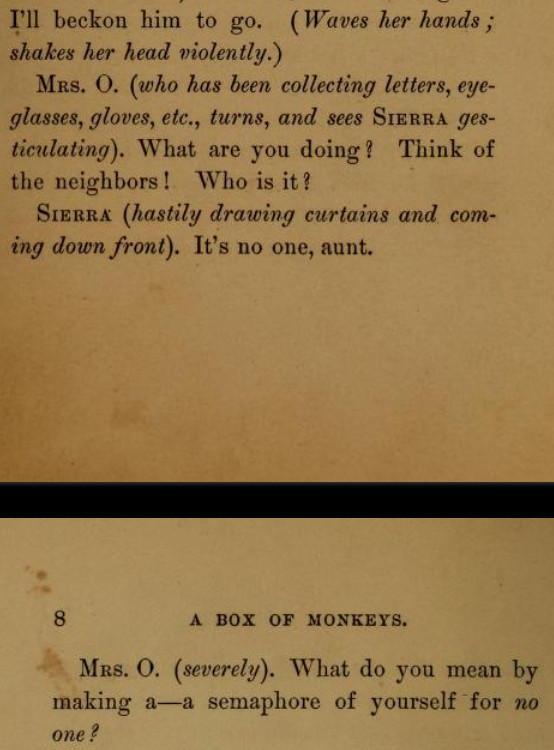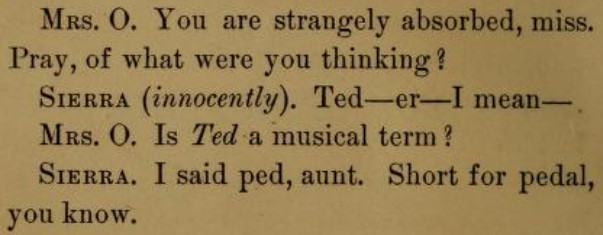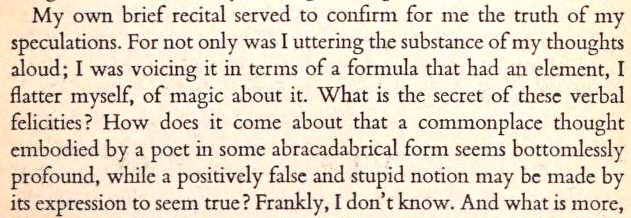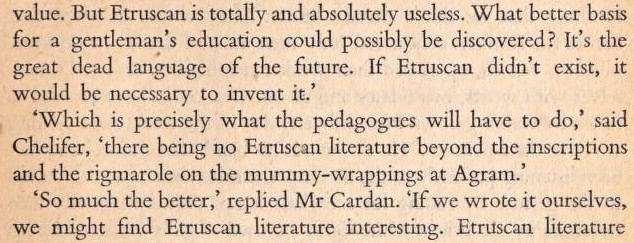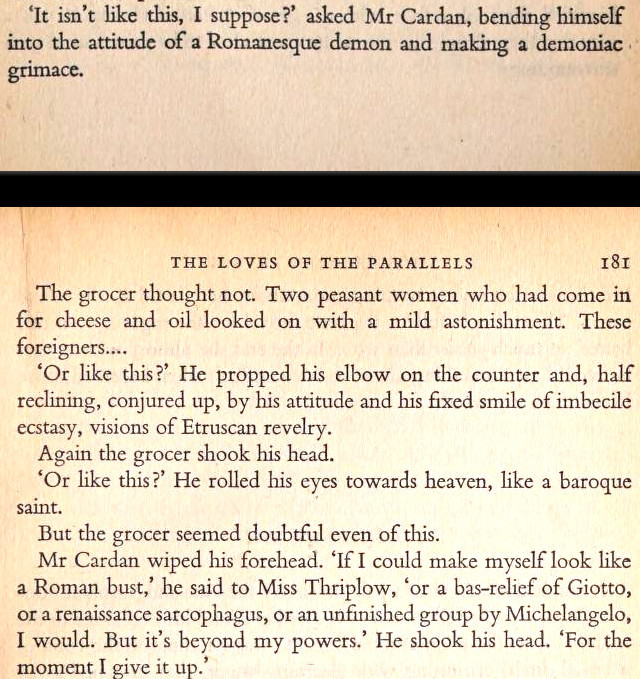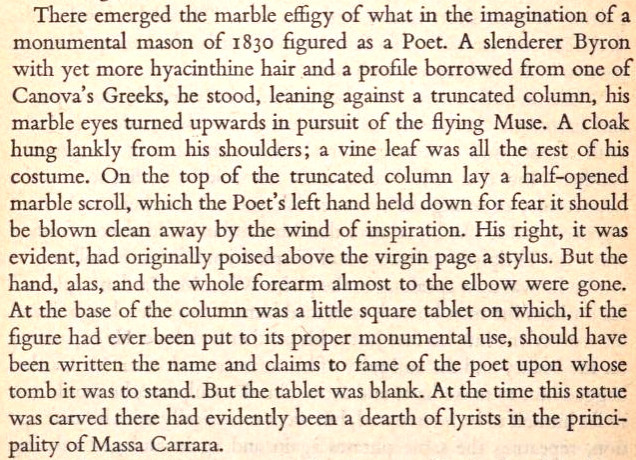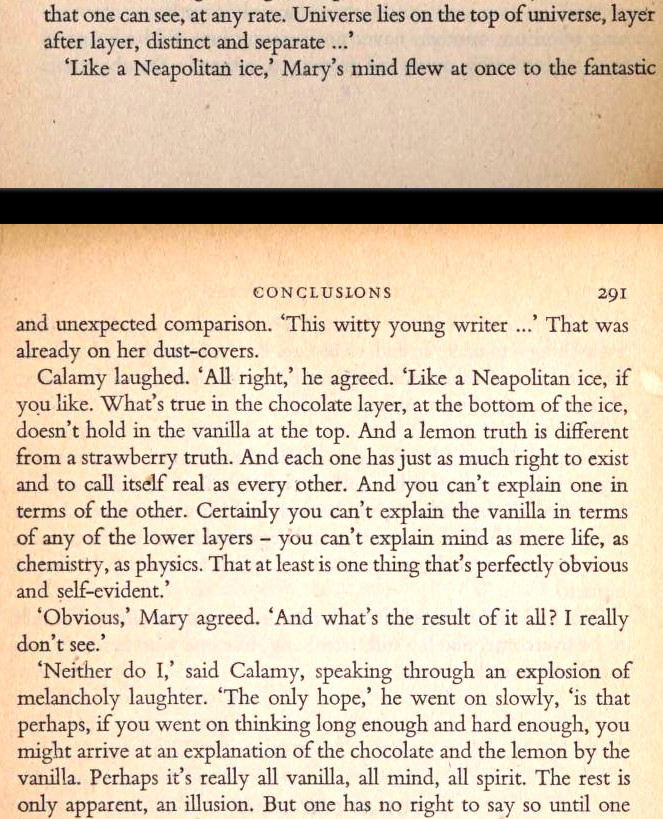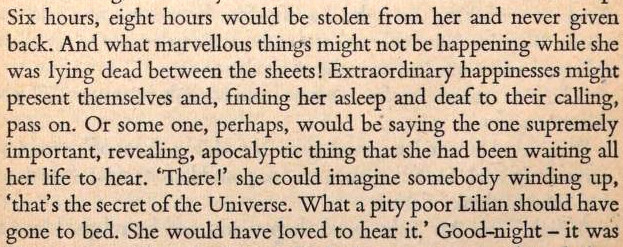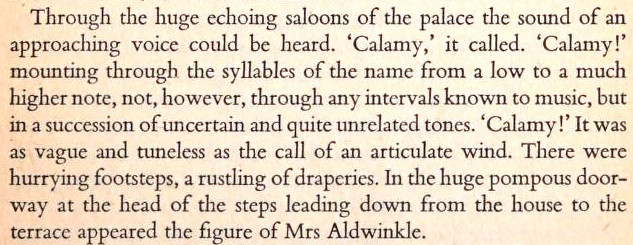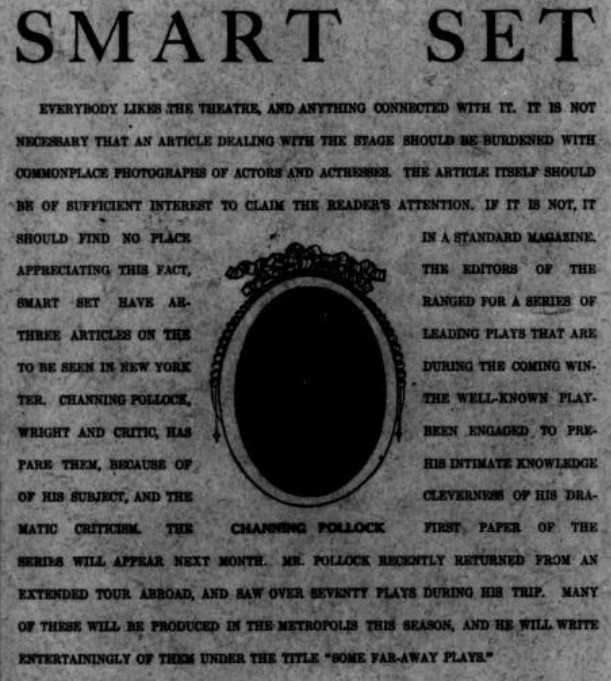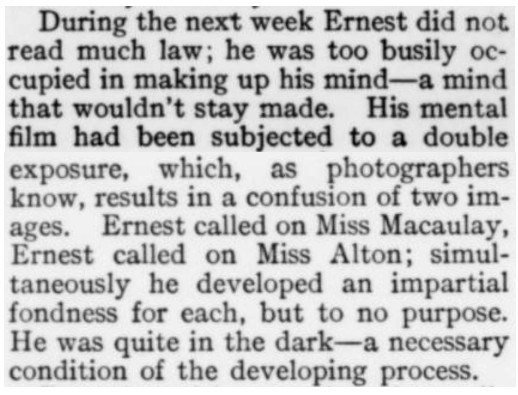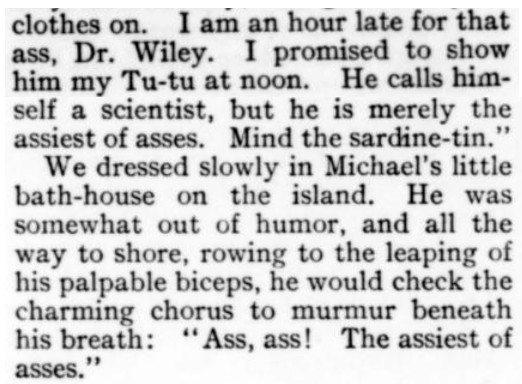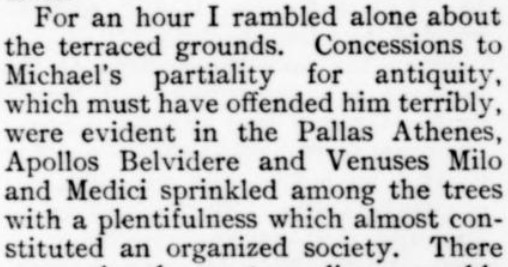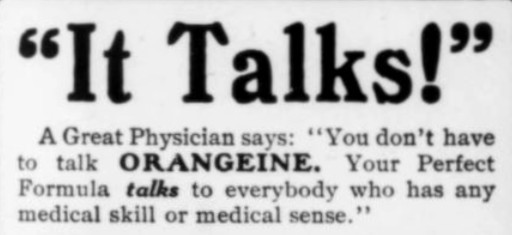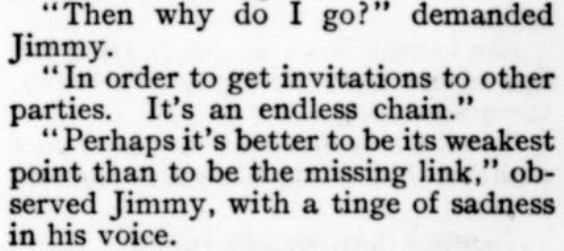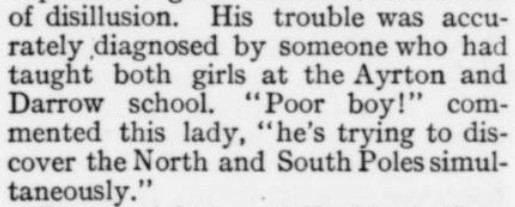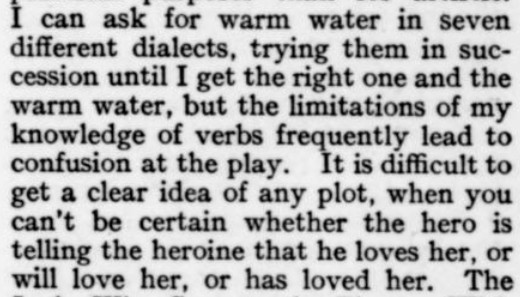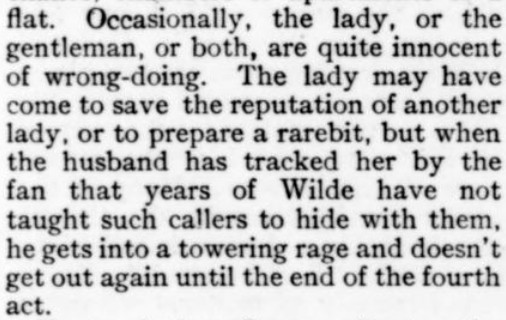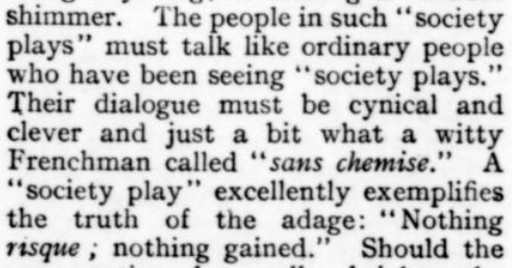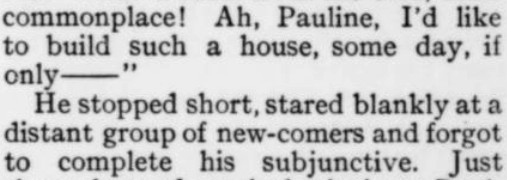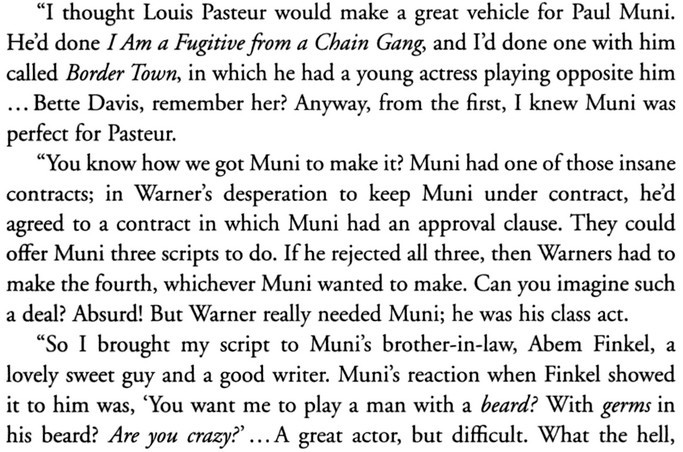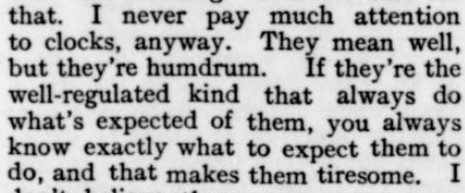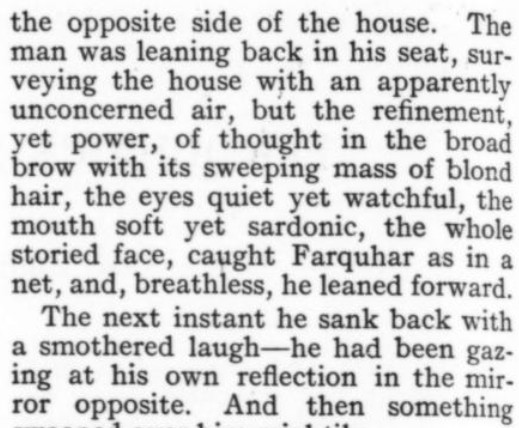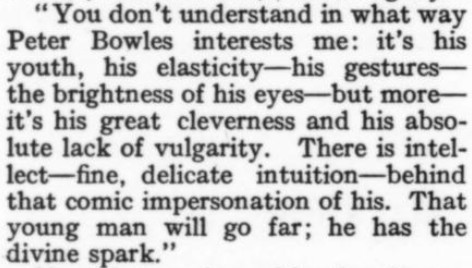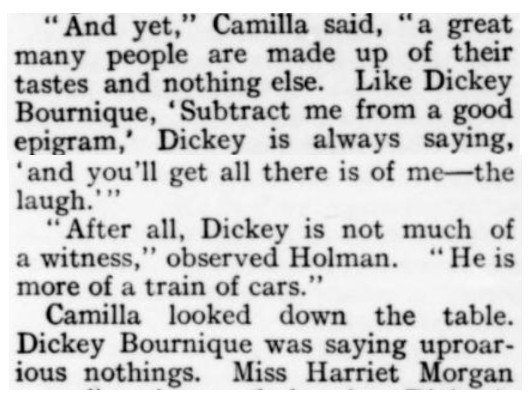


 |
|
|
 |
 |
 |
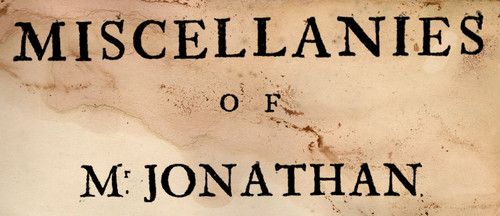
unearths some literary gems.
From Conversations with Julian Barnes:
***"I was getting obsessed about being obsessed with obsessions."***INTERVIEWER: I wonder if we can't see the ghost of a parrot flapping through Staring at the Sun....BARNES: No, I wasn't reminded of Parrot, not at all.[I love that JB refers to his novel Flaubert's Parrot as simply "Parrot," along the lines of "Catcher" or "Streetcar."]***[Barnes mimics the tenor of Continental literary theory.]"In the tenth book of dialogues by Jean-Michel Whoever, the proposition is put forward that..."***[Regarding his time working for the OED.]"I spent three professional years with the language post-1880, in letters C to G. I doubt it shows through in my fiction."***"I don't feel, to put it crudely, that because I've written Flaubert's Parrot I have to write 'Tolstoy's Gerbil.'"***INTERVIEWER: And yet I feel that sometimes you do confuse the reader....BARNES: I only confuse the academic reader.***INTERVIEWER (Xesus Fraga): A novel is like a clock, you just see the time going by, but not the mechanism, the book's structure.***[This bit is from JB's journal, prior to his actually writing "Parrot"; and I don't think "inner sense of parrothood" made it into the novel!]"The bright-green perky-eyed parrot...which irritated him at the same time...as giving him an inner sense of parrothood."***
|







 |
|
|
 |
 |
 |

unearths some literary gems.
From The Californiacs, by Inez Haynes (Gillmore) Irwin:
***California, I repeat, is populated mainly with Californiacs; but the Californiacs are by no means confined to California. They have, indeed, wandered far afield. New York, for instance, has a colony so large that the average New Yorker is well acquainted with the symptoms of Californoia. The Californiac is unable to talk about anything but California, except when he interrupts himself to knock every other place on the face of the earth. He looks with pity on anybody born outside of California and he believes that no one who has ever seen California willingly lives elsewhere. He himself often lives elsewhere, but he never admits that it is from choice. He refers to California always as "God's country", and if you permit him to start his God's country line of talk, it is all up with intelligent conversation for the rest of the day. He will discourse on California scenery, climate, crops, athletes, women, art-sense, etc., ad libitum, ad infinitum and ad nauseum. He is a walking compendium of those Who's Whosers who were born in California. He can reel off statistics which flatter California, not by the yard, but by the mile. And although he is proud enough of the ease and abundance with which things grow in California, he is even more proud of the size to which they attain. Gibes do not stop the Californiac, nor jeers give him pause. He believes that he was appointed to talk about California. And Heaven knows, he does. He has plenty of sense of humor otherwise, but mention California and it is as though he were conducting a revival meeting.***
|







 |
|
|
 |
 |
 |

unearths some literary gems.
|

 |
|
|
 |
 |
 |

unearths some literary gems.
From Angela's Business, by Henry Sydnor Harrison:
[I think it's been a while since we've had an "abdicating omniscient" narrator.]Why was Mr. Blenso called the Judge? An interesting point, on which I, for one, unluckily can shed no light.
***
And the clock gazed back, since there was a matter between them this evening, and seemed to say, "Well, are you going to the Redmantle Club, or are you not?" But that was precisely the point on which the young man at the table had not yet made up his mind.
|


Page 15 of 64

> Older Entries...

Original Content Copyright © 2025 by Craig Conley. All rights reserved.
|




